
Workshop Series: Fusarium TR4 Diagnostic, Surveillance, Inspection and Simulation Exercises
This workshop series has concluded, with recordings below. Presentations, Q&A and other documents can be found in the document list at the bottom of this page.
The workshop series include the following contents:
-
Session 1: Diagnostic of Fusarium TR4 in bananas (in English with interpretation in French and Spanish) Thursday, 24 March 2022, 11:00-13:30 (CET)
Recording is available at: https://fao.zoom.us (Passcode: dMBEm8=$)
-
Session 2: Surveillance and early warning of Fusarium TR4 in bananas (in English with interpretation in French and Spanish) Tuesday, 19 April 2022, 11:00-13:30 (CET)
Recording is available at: https://fao.zoom.us (Passcode: Y8Gm@^G+)
-
Session 3: Inspection and Simulation Exercises (in English with interpretation in French and Spanish) Tuesday, 10 May 2022, 11:00 -13:30 (CET)
Recording is available at: https://fao.zoom.us (Passcode: %3A^bQkq)
Today’s global banana production is seriously threatened by Fusarium oxysporum f. sp cubense Tropical race 4 (TR4). Introduction and spread of this pest should be contained and prevented whenever and wherever possible. To address this urgent issue, the IPPC Secretariat invites interested stakeholders to participate in each of the three individual session of the Virtual Workshop Series on Fusarium TR4 Diagnostic, Surveillance, Inspection and Simulation Exercises.
The workshop sessions have been held in English with simultaneous interpretation in French and Spanish. The IPPC Secretariat put forces with the Comité de Liaison Europe-Afrique-Caraïbes-Pacifique (COLEACP), the Latin American Economic System (SELA), and the North American Plant Protection Organization (NAPPO) for the organization of simultaneous interpretation in French and Spanish for the workshop series.
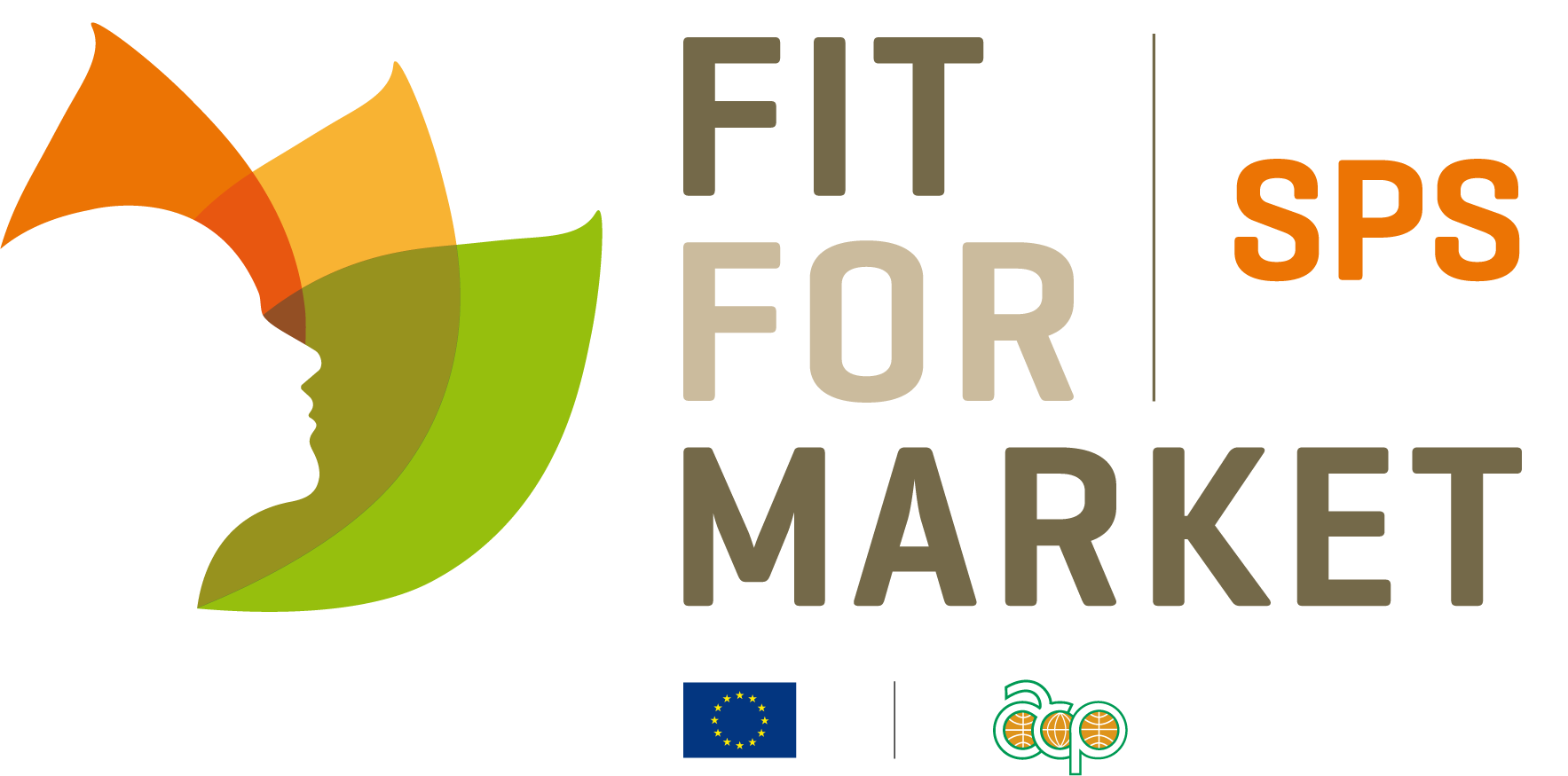
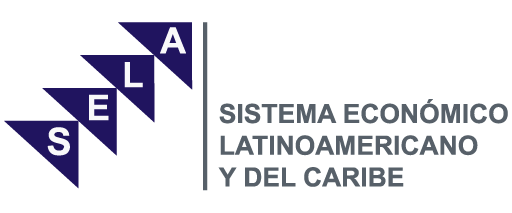

Target audience:
NPPO representatives (including pest outbreak response experts, inspectors, administrators, pest risk analysis experts, policy developers and laboratory technicians), researchers supporting NPPOs, producer/exporter associations, extension services personnel and local government authorities are invited to join this workshop series.
Key topics that will be covered in the workshop series:
-
How to conduct appropriate TR4 diagnostic for early warning, including field recognition, sample, and sampling management
-
Tools and protocols (classical and molecular) necessary for effective and efficient TR4 diagnostic
-
How to carry out specific surveillance for the Fusarium TR4 detection and delimitation (in case of entry) in line with the applicable International Standards for Phytosanitary Measures (ISPMs)
-
International trade pathways of significant concern for the Fusarium TR4 spread, and the commodities that should be inspected
-
Simulation exercises and their usefulness to improve the quarantine pest outbreak response and to prevent the introduction and spread of quarantine pests such as Fusarium TR4
Panelists:
Session 1
 | Fernando García-Bastidas Fernando García-Bastidas is an Agronomist, with extensive experience in Fusarium Tropical Race 4 (TR4) diagnostics in bananas. Currently, he heads the Banana Breeding Program at KeyGene in Wageningen, The Netherlands, focusing on developing varieties resistant to Fusarium TR4/Race1 and Black Sigatoka. He has coordinated the reports of the initial incursions of the TR4 pathogen in bananas in Jordan (2013), Pakistan (2015), Lebanon (2015), Myanmar, Laos and Vietnam (2018) and Colombia (2019). Fernando holds a Master’s degree Biotechnology from the Universidad Nacional de Colombia, and a Ph.D. in Plant Breeding and Plant Health from the Wageningen University & Research in The Netherlands. |
 | Mariluz Ayala Vázques Mariluz Ayala Vásquez is an Agronomist Engineer with extensive experience in plant-pathogen research and diagnosing diseases of agricultural importance. Currently, she is a coordinator and analyst of the Plant Quarantine Laboratory of the Instituto Colombiano Agropecuario (ICA). Mariluz holds a Master’s degree in Agrarian Sciences, from the Universidad Nacional de Colombia. |
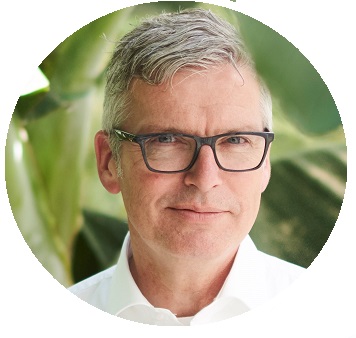 | Gerrit H.J. Kema Gerrit H.J. Kema is a professor of (tropical) phytopathology and head of the Laboratory of Phytopathology of Wageningen University, The Netherlands. He has 40 years of experience in plant pathology and his research focus has been on host and pathogen genetics and genomics. He is currently involved in the ABBB project, funded by the Bill & Melinda Gates Foundation in Tanzania on banana breeding. He is also one of the initiators of the Global Alliance Against TR4, and a member of the World Banana Forum. Gerrit holds a BSc degree in agronomy, an MSc in plant breeding, and a Ph.D. in phytopathology. He published over 120 peer-reviewed scientific articles, advised numerous BSc, MSc and Ph.D. students and coordinated major international research projects on plant pathology. |
Session 2
 | Chris Dale Chris Dale is an International Biosecurity Specialist, Agriculture and Food Security Section, Department of Foreign Affairs and Trade. Formerly, he was an Assistant Director of Plant Health Surveillance and Diagnostics within the Australian Department of Agriculture, Water, and the Environment (DAWE). Chris has over 20 years of technical and operational experience within the Department, delivering animal and plant biosecurity programs across Northern Australia and Asia Pacific Region. Chris is also the Vice- Chair of the Implementation and Capacity Development Committee of the International Plant Protection Convention, the Chair of the FAO/IPPC Fall Armyworm Technical Working Group, and technical lead of the DFAT/DAWE International Agricultural Biosecurity Technical Working Group (IAB-TWG), supporting biosecurity preparedness and response initiatives across the Asia Pacific Region. |
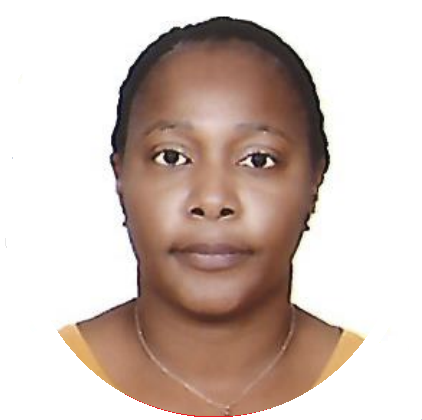 | Antónia Augusto S. Vaz Antonia is the Head of Plant Health Department at the Ministry of Agriculture and Rural Development of Mozambique. She is responsible for the implementation of the Emergency Plan designed to contain Fusarium TR4 in the northern part of Mozambique, and has participated in the development of a National capacity program for Foc TR4 identification, diagnosis, and management. She has led a surveillance program, which included data collection and mapping of Panama disease distribution, and coordination of the National Panama Disease Awareness Program. Antonia holds a Bachelor’s degree in Plant Production and Protection, and a Master’s degree in Rural Development-oriented for Plant Protection, both from the Faculty of Agronomy and Forestry, Eduardo Mondlane University, Mozambique in 2014 |
 | Lizbeth Parra Garzón Lizbeth Parra Garzón is an Agronomist Engineer from the University of Applied and Environmental Sciences of Colombia. She has significant experience in agricultural production and research. Currently, she is part of the development and research team in precision agriculture at Geomatic Green, researching remote sensing for agricultural purposes through thermal and multispectral images captured by Unmanned Aerial Vehicles (UAV) and analyzing vegetation indexes to detect changes in crops and forests. Lizbeth holds her Master's degree in Horticulture from the Molina National Agrarian University of Peru. |
Session 3
 | Victor Prada Victor Prada is the Secretary of the World Banana Forum (WBF) with a twenty five years of professional experience working in the food industry. He has been working for FAO for over ten years providing technical and operational support in global trade analysis, responsible business conduct, sustainable costs of production, food security, climate change, resource mobilization and policy advice. Victor holds two master's degrees in economics and corporate responsibility and started working in the food industry twenty-five years ago. |
 | Matheus Lima Matheus Lima is an Environmental Sustainability Specialist, supporting the activities of the World Banana Forum focused on sustainable production and the environmental impact of banana production, including activities on Fusarium Wilt Tropical Race 4. Matheus is an Agricultural Engineer by training and holds a double master's degree in Crop Protection in Sustainable Production Systems from the Polytechnic University of Valencia (Spain) and the University of Göttingen (Germany). His academic research is focused on integrated management of tropical crops, sustainable production, low-carbon agriculture and smart agriculture. |
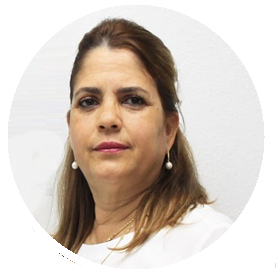 | Raixa Llauger Ms Raixa Llauger, is an Agriculture Officer (Tropical Fruits) of the FAO Sub-regional Office for Mesoamerica. She coordinates the regional initiative-3 "Sustainable and Resilient Agriculture", and is the regional focal point for the subjects of Agricultural Health and Food Safety. Prior to FAO, she worked as a researcher at the Research Institute in Tropical Fruit Growing, of the Ministry of Agriculture of Cuba, for 23 years in research related to agronomic management and diagnosis of diseases that affect fruit trees, of which she was the General Director until 2014. Ms Raixa Llauger is of Cuban nationality, and holds a degree in Microbiology, from the Faculty of Biology of the University of Havana, Cuba. She also completed her academic training at the Valencian Institute of Agricultural Research (IVIA) in Spain, as well as INRA (Bordeaux) and CIRAD (Montpellier), both in France. |
 | Jaime Cárdenas Jaime Cárdenas is Colombian. Agronomy Engineer and Master Science in Plant Protection with extensive experience in planning, evaluating, executing and tracing policies, programs and projects related to Plant Protection. Currently, Jaime is responsible for the National Program for the prevention and contention of Fusarium Tropical Race 4 (TR4) in Colombia. He also provides consultancy services to FAO in the area of plant health. Previousy, he was the Deputy Administrator of Plant Protection of Colombian Plant Protection Phytosanitary Organization (NPPO) |
 | Monica Andrea Gallo Monica Andrea Gallo Lara is an Agronomist, with experience in phytosanitary regulations, public policies, specific programs/projects and phytosanitary surveillance; she currently holds the position of Plant Health General Coordinator at the Phyto and Zoosanitary Regulation and Control Agency - Agrocalidad, among others; in the last years of her professional career, she has been working at the national level in the coordination of public/private actions and projects that help in the exclusion of Foc R4T. |
 | Nancy Villegas Nancy Villegas is a Biologist, and coordinates the OIRSA regional Risk Analysis Office. Before, She worked in the General Directorate of Plant Health (SENASICA), first as Coordinator of the Department of Entomology and Acarology in the period from 2001 to 2005. In 2005 she was invited to set up the first Phytosanitary Epidemiological Surveillance Program of the DGSV, where she coordinated the import area. In 2007, she was invited by Dr. Javier Trujillo to coordinate the Pest Risk Analysis Department, where she worked until 2017. Nancy graduated from the National Polytechnic Institute in Mexico. She holds two master's degrees, one in Biotechnology from the IPN and another in Entomology and Acarology from the Postgraduate College, Mexico. |
Program
Session 1: Diagnostic of Fusarium TR4 in bananas
24 March 2022, 11:00-13:30 (CET)
| Content | Presenter | Time |
|---|---|---|
| Opening Remarks | Osama El-Lissy, IPPC Secretariat | 5 minutes |
| Introduction of the COMESA project and the content of the workshop | IPPC Secretariat | 10 minutes |
| Recognition of suspect plants, characterization of TR4 symptoms in banana, sampling, sample preparation, and fungus isolation | Gert Kema, Professor of Phytopathology, Wageningen University | 30 minutes |
| Overview of the available tools for classical and molecular TR4 diagnostic, their usefulness, and minimum tools needed to perform a correct first diagnosis of TR4 in banana crops | Fernando Garcia Bastidas, Head of the banana breeding program, Keygene | 30 minutes |
| Break | 15 minutes | |
| Case study: Colombian NPPO experiences implementing and performing TR4 diagnostic in banana crops | Mariluz Ayala Vasquez, Technical Lead of Fusarium TR4 Diagnostic, Instituto Colombiano Agropecuario (ICA) | 30 minutes |
| Q&A Session | Moderators | 25 minutes |
| Closure and evaluation | Moderators | 5 minutes |
The session was moderated by Sarah Brunel, OIC IFU Lead for daily matters, IPPC, FAO, and Camilo Beltran Montoya, International Phytosanitary Specialist, IPPC, FAO
Program
Session 2: Surveillance and early warning of Fusarium TR4 in bananas
19 April 2022, 11:00-13:30 (CET)
| Content | Presenter | Time |
|---|---|---|
| Opening Remarks | Sarah Brunel, OIC IFU Lead for daily matters, IPPC Secretariat | 5 minutes |
| Introduction of the COMESA project and the content of the workshop | Camilo Beltran Montoya, International Phytosanitary Specialist, IPPC Secretariat | 10 minutes |
| Surveillance: Overview, ISPM 6, and IPPC Surveillance guide | Chris Dale, International Biosecurity Specialist, Australian Department of Agriculture, Water, and the Environment (DAWE) | 30 minutes |
| What to consider when performing detection and delimitation surveys for Fusarium TR4: case study from an NPPO | Antónia Augusto S. Vaz, Head of Plant Health Department, Ministry of Agriculture and Rural Development | 30 minutes |
| Break | 15 minutes | |
| Overview of the remote sensing tools to identify changes in plants and their uses for plant health | Lizbeth Parra Garzón, Researcher Geomatic Green | 30 minutes |
| Q&A Session | Moderators | 25 minutes |
| Closure and evaluation | Moderators | 5 minutes |
The session was moderated by Sarah Brunel, OIC IFU Lead for daily matters, IPPC, FAO, and Camilo Beltran Montoya, International Phytosanitary Specialist, IPPC, FAO
Program
Session 3: Inspection and simulation exercises
10 May 2022, 11:00-13:30 (CET)
| Opening remarks | Osama El-Lissy, IPPC Secretariat | 5 minutes |
|---|---|---|
| Opening Remarks | Providence Mavubi, Director, Industry and Agriculture Programmes, COMESA Secretariat | 5 minutes |
| Introduction of the COMESA project and the content of the workshop | Camilo Beltran Montoya, International Phytosanitary Specialist, IPPC Secretariat | 10 minutes |
| Update on the TR4 Global Network activities | Victor Prada, Secretary of the World Banana Forum Secretariat; Matheus Lima, Specialist in Sustainable Development World Banana Forum Secretariat | 20 minutes |
| Pathways and commodities of significant concern and critical aspects to perform inspections at critical stages in a potential entry: case study from an NPPO | Monica Gallo, Agencia Ecuatoriana de Regulación y Control Fito y Zoosanitario (AGROCALIDAD) | 20 minutes |
| Break | 15 minutes | |
| Simulation exercises: overview, concept, purposes, and usefulness | Nancy Villegas, Pest Risk Analisis responsible, Organismo Internacional Regional de Sanidad Agropecuaria (OIRSA) | 20 minutes |
| Simulation exercises as an approach to be prepared for a TR4 outbreak: experiences from regions that have carried out simulations | Raixa Llaugier, Agriculture Officer, FAO; Jaime Cardenas, Plant Health Specialist, FAO | 20 minutes |
| Q&A Session | Moderator | 20 minutes |
| Closure and evaluation | Moderator | 5 minutes |
The session was moderated by Sarah Brunel, OIC IFU Lead for daily matters, IPPC, FAO, and Camilo Beltran Montoya, International Phytosanitary Specialist, IPPC, FAO

